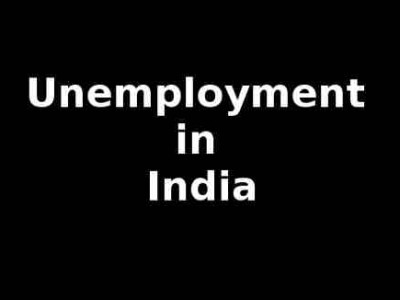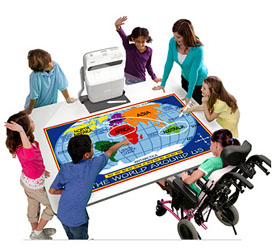
UNICEF Documentary Reveals Syrian Children’s Struggle for Education

UNICEF Documentary Reveals Syrian Children’s Struggle for Education
A new interactive documentary providing an intimate look into the lives of Syrian school-aged children living as refugees in Lebanon was launched by UNICEF today.
#ImagineaSchool provides a first-hand account of the challenges Syrian refugees face in their struggle to access education.
UNICEF released the stories of 19 children to coincide with the start of the Helsinki forum on the humanitarian situation in Syria (23 – 24 January), with the aim of bringing a human face to the challenges being discussed at the conference.
Around half of Syrian school-aged children in Lebanon – 187,000 – are out of school. The country hosts the largest number of refugees per capita in the world.
Instead of getting an education, thousands of Syrian children, some as young as six years old, are working in agriculture, factories, construction and on the streets.
[ Free Schools for Poor Children ]
UNICEF and the Government of Lebanon have provided more than 150,000 Syrian refugee children with access to public schools.
To get more children into quality learning, UNICEF is appealing for US$240 million for education programmes in Lebanon for 2017.
The interactive documentary, which was filmed in 2016, was co-produced by UNICEF and an award-winning team of storytellers from Vignette Interactive. Photos were captured by World Press Photo winner, Alessio Romenzi.
The title, #ImagineaSchool, was created by 10-year-old Assia, and 13-year-old Dyana, who feature in the series, both of whom have never been to school. “I imagine a school to be very beautiful. With paintings of girls and boys on the walls,” said Dyana.
Globally, education continues to be one of the least funded sectors in humanitarian appeals. In 2015, humanitarian agencies received only 31 per cent of their education funding needs, down from 66 per cent a decade ago.
During the World Humanitarian Summit, held in May 2016, a new global funding platform, Education Cannot Wait, was launched to bridge the gap between humanitarian interventions during crises and long-term development afterwards, through predictable funding.
Photo / Video courtesy: UNICEF


